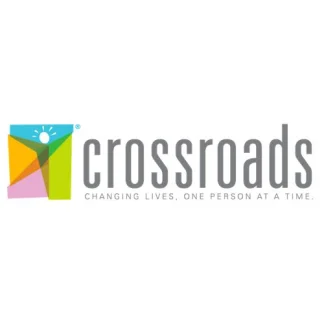Community Medical Services
Community Medical Services is a drug and alcohol rehab in Glendale, Arizona. The...
The Crossroads West Campus for Men is a drug and alcohol rehab center located in Phoenix, Arizona. Their team of experienced professionals is committed to providing a supportive and compassionate environment for healing.
With a comprehensive range of evidence based treatment options, the Crossroads West Campus offers personalized care to address the unique needs of each man seeking recovery.
Crossroads West offers a safe and supervised detoxification process to help individuals safely manage withdrawal symptoms and prepare for the next phase of treatment.
They specialize in providing residential treatment to men struggling with addiction. The 56 bed residential treatment program offers round the clock care and support in a structured environment. This program offers fully furnished 2 and 3 bedroom units with common areas like a TV lounge and laundry facility.
Crossroads also offers outpatient drug rehab services that provide ongoing support and therapy for individuals who have completed higher levels of care. This program helps men transition back into their daily lives while staying connected to a supportive recovery community.
Contact us for more information: (602) 263-5242

Connect with Crossroads - West Campus for Men by calling their admissions team directly.
(602) 263-5242 Website Get DirectionsGroup therapy is any therapeutic work that happens in a group (not one-on-one). There are a number of different group therapy modalities, including support groups, experiential therapy, psycho-education, and more. Group therapy involves treatment as well as processing interaction between group members.
In individual therapy, a patient meets one-on-one with a trained psychologist or counselor. Therapy is a pivotal part of effective substance abuse treatment, as it often covers root causes of addiction, including challenges faced by the patient in their social, family, and work/school life.
Life skills trainings involve all the skills a person must have in order to function successfully in the world. These include time management, career guidance, money management, and effective communication. Truly successful addiction recovery is based on the ability to not only live substance-free, but to thrive. Life skills teaches the practical necessities of functioning in society, which sets clients up for success in life, and therefore sobriety.
In individual therapy, a patient meets one-on-one with a trained psychologist or counselor. Therapy is a pivotal part of effective substance abuse treatment, as it often covers root causes of addiction, including challenges faced by the patient in their social, family, and work/school life.
Life skills trainings involve all the skills a person must have in order to function successfully in the world. These include time management, career guidance, money management, and effective communication. Truly successful addiction recovery is based on the ability to not only live substance-free, but to thrive. Life skills teaches the practical necessities of functioning in society, which sets clients up for success in life, and therefore sobriety.
Life skills trainings involve all the skills a person must have in order to function successfully in the world. These include time management, career guidance, money management, and effective communication. Truly successful addiction recovery is based on the ability to not only live substance-free, but to thrive. Life skills teaches the practical necessities of functioning in society, which sets clients up for success in life, and therefore sobriety.
Community Medical Services is a drug and alcohol rehab in Glendale, Arizona. The...
Jewish Family & Children's Services (JFCS) is a substance abuse and mental h...
Enchantment Workshops, located in Phoenix, Arizona, provides alcohol and drug re...
The Coleman Institute is a private substance abuse treatment facility in Phoenix...